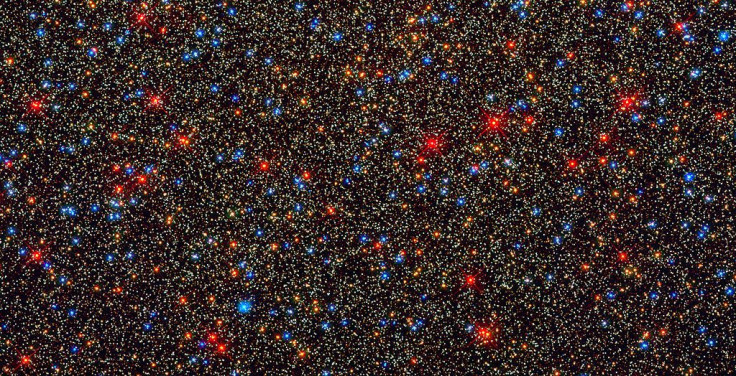NASA Earth Science Missions Doomed To Fail As Trump Continues To Cut Budget

It’s been a while since NASA had a successful “flagship mission” or projects with major significance in the field of astrophysics. Now, scientists fear that the next great discovery may take even longer as President Donald Trump’s 2020 budget calls for the cancellation of three major Earth science missions.
According to Space.com, Trump’s next federal budget request may not include provisions for the Wide-Field Infrared Survey Telescope (WFIRST) and two other Earth science missions.
Based on the space agency’s summary of the budget request, the Trump admin proposes to put on hold the WFIRST mission and focus more on the completion of the delayed James Webb Space Telescope. The James Webb project has been operating over the budget and is already behind schedule.
Trump seems to have a serious problem with the WFIRST mission as the president also proposed to cancel the operation back in 2019. The $3.2 billion astrophysics project was already suffering budget cuts but fortunately got the support of the Senate to get the funding it needed to carry out a launch in 2025.
Aside from WFIRST, the Trump administration has also proposed to make significant budget cuts on the Plankton, Aerosol, Cloud, ocean Ecosystem (PACE) mission and the Climate Absolute Radiance and Refractivity Observatory (CLARREO) Pathfinder instrument that NASA hopes to bring to the International Space Station.
The budget cut, however, won’t become official without a fight. The American Astronomical Society (ASS) previously gave a statement that opposes the budget cut of the WFIRST mission.
“We cannot accept termination of WFIRST, which was the highest-priority space-astronomy mission in the most recent decadal survey. And the proposed 10 percent reduction in NASA's astrophysics budget, amounting to nearly $1 billion over the next five years, will cripple US astronomy," Megan Donahue, AAS President, said in a statement.
WFIRST is expected to offer the same contributions as earlier NASA projects like the Hubble Space Telescope and the Chandra X-ray Observatory. WFIRST could help scientists further study star and planet formation and could move the study of astrophysics further into the world of science.
"The cancellation of WFIRST would set a dangerous precedent and severely weaken a decadal-survey process that has established collective scientific priorities for a world-leading program for a half century. Such a move would also sacrifice US leadership in space-based dark energy, exoplanet, and survey astrophysics," Kevin B. Marvel, ASS executive, also said in the statement.
© Copyright IBTimes 2024. All rights reserved.





















